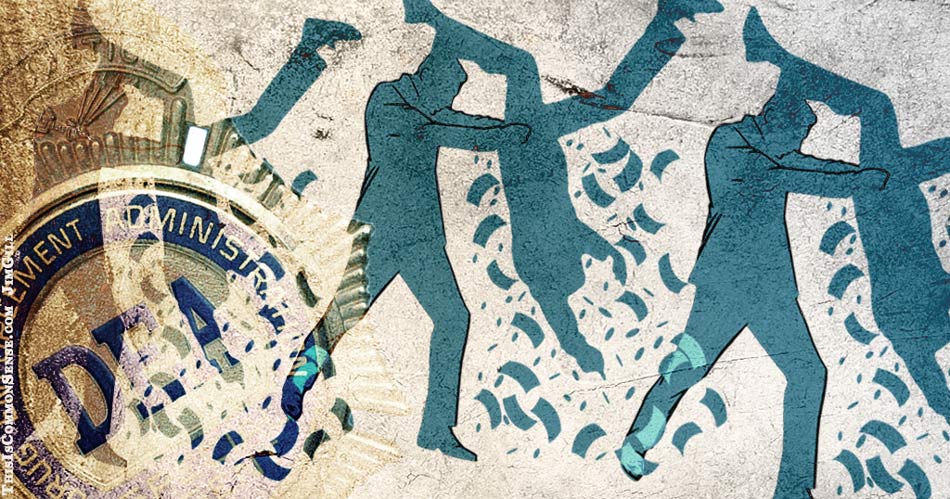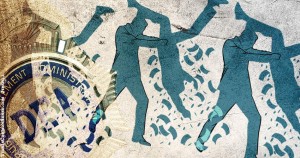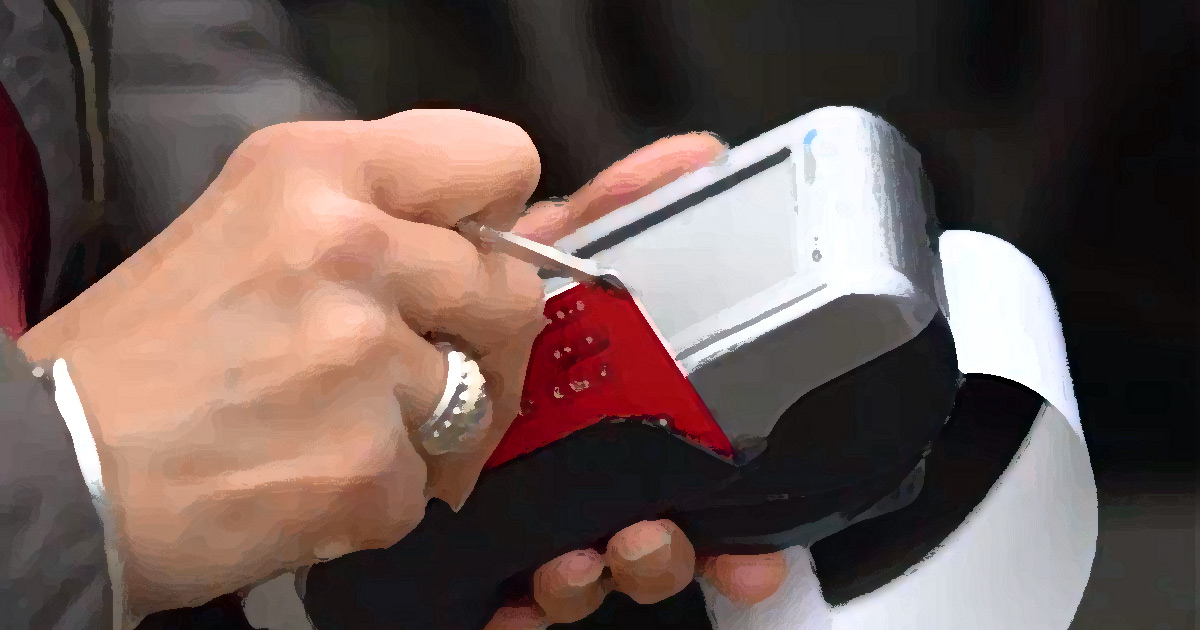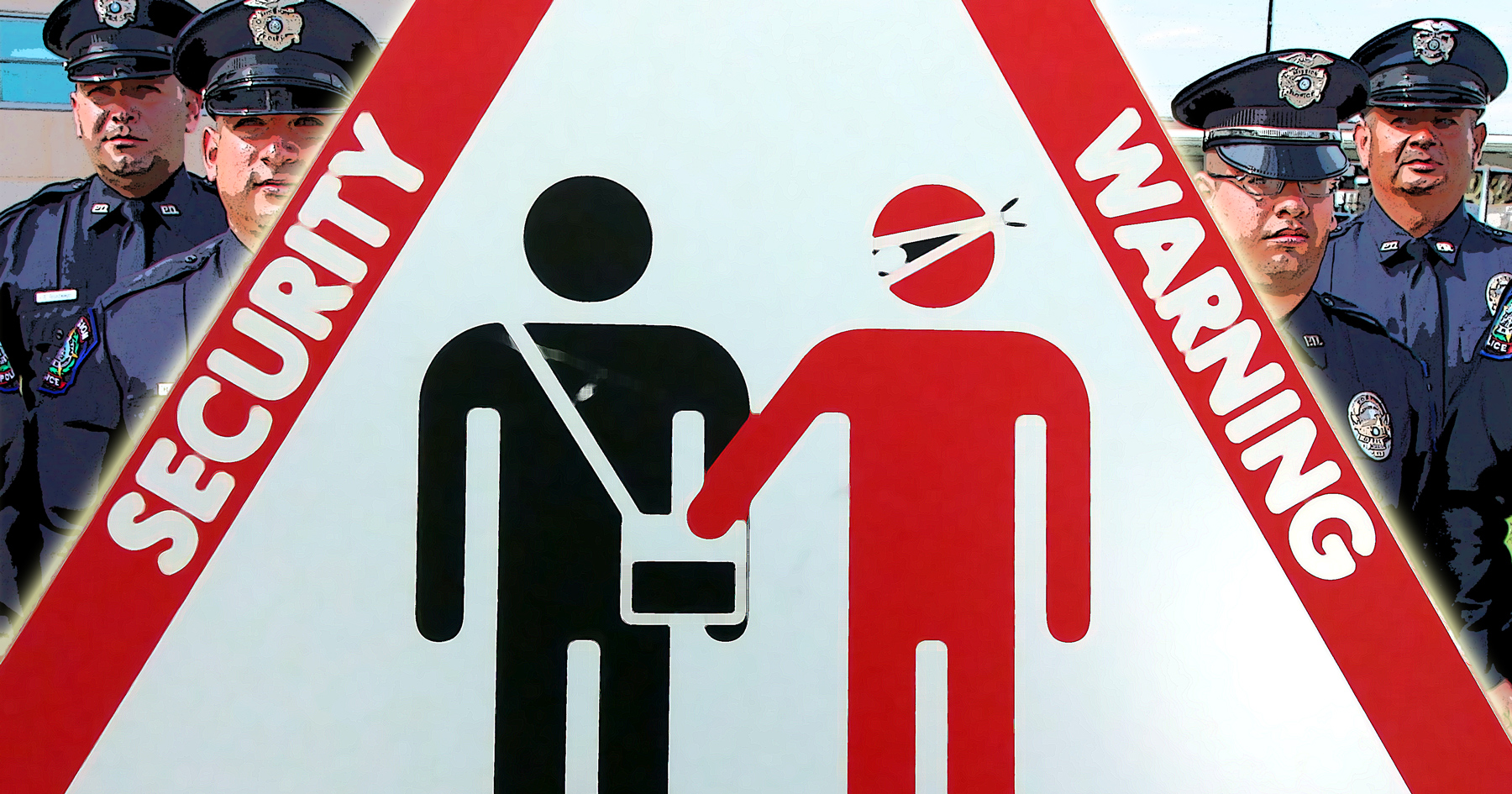The separation of powers doctrine has been a bedrock principle of small‑r republican government. Each branch — legislative, executive, judicial — should be independent, and check the power of the other branches.
This requires that no person hold positions simultaneously in more than one branch of government.
Which brings us to Nevada State Senator Heidi Gansert. In addition to being a legislator, she’s currently employed by the University of Nevada-Reno as executive director for external relations … an executive branch position.
One can certainly understand why she wants to keep her prestigious legislative perch, while maintaining her annual $203,000 from the university. But those pesky folks at the Nevada Policy Research Institute’s Center for Justice and Constitutional Litigation insist Gansert adhere to the constitution.
They’ve filed a lawsuit.
As if to dramatize why “separation of powers” matters, consider Senate Bill 358, which sought to reform civil asset forfeiture in Nevada. The legislation couldn’t get out of the Senate Judiciary Committee, where State Senator Nicole Cannizzaro is vice-chair. She also holds a $99,000 position as a Clark County deputy district attorney.
“Senator Cannizzaro’s presence on the Senate Judiciary Committee, as it pertains to forfeiture legislation, begs for a lesson on separation of powers,” the Nevada Policy Research Institute’s Daniel Honchariw wrote in the Las Vegas Review-Journal.
“Reform would’ve meant less money for district attorneys,” Honchariw explained, “which, in addition to police departments, directly profit from forfeitures.”
Nevada’s legal precedent on separation of powers is less clear-cut regarding Cannizzaro’s conflicting role in local government, than for Gansert’s state position. But the potential for mischief is the same — and obvious.
This is Common Sense. I’m Paul Jacob.









